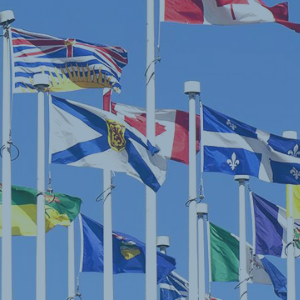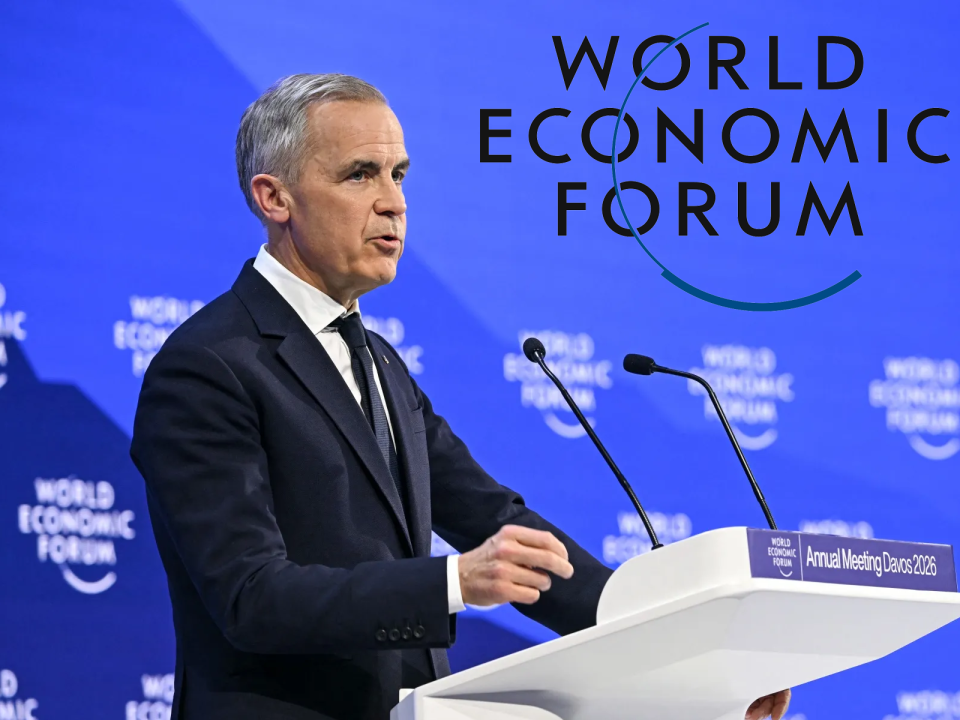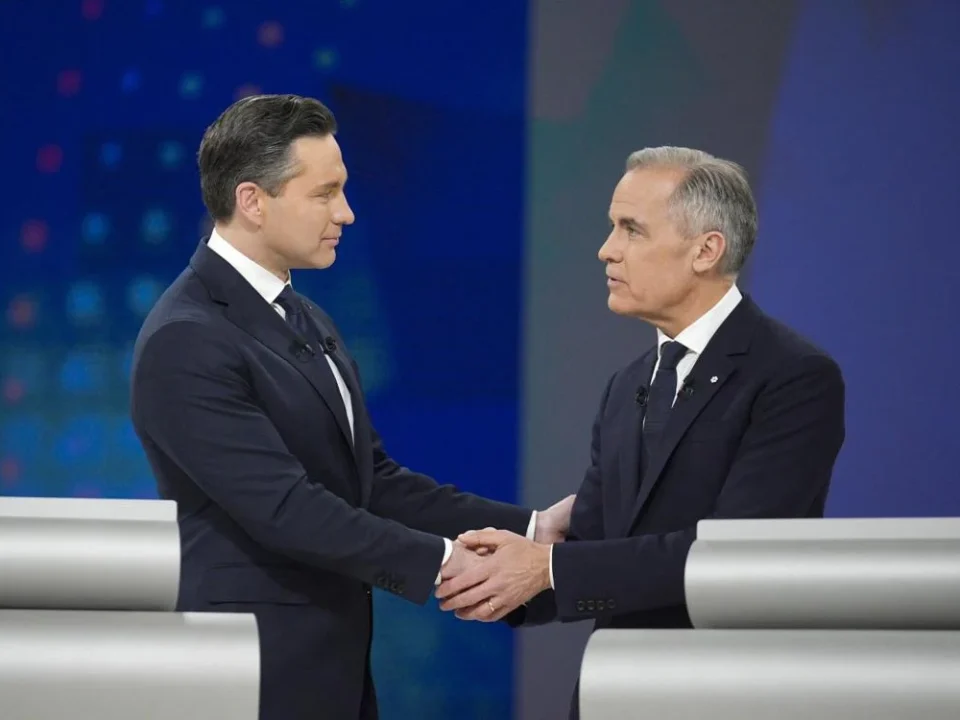
Today, INNOVATIVE is releasing an in-depth analysis of our political tracking in Canada’s four largest provinces: BC, Alberta, Ontario, and Quebec. As we saw with the federal government, the COVID rally which has pulled overall government approval up as well as many governing party image attributes has ended in Alberta but continues in BC, Ontario and Quebec. It is interesting that the government losing the rally effect – like in Alberta – has a strong partisan base that keep them competitive while the governments in BC, Ontario, and Quebec that continue to enjoy the rally have weak political bases and need the boost the rally provides.
BC
The COVID-19 rally effect continues for Premier John Horgan. The NDP government continues to receive strong marks on its handling of the COVID-19 pandemic with three quarters (78%) of respondents saying they approve and also shows historically high levels of overall government approval. Horgan’s personal favourability has also remained strong since the beginning of the pandemic and more than 4-in-10 BC respondents say he is the best choice for premier. John Horgan leads the other leaders on all positive leader attributes, with the largest leads on ‘strong leadership’ and ‘competent’. 
These leadership numbers are crucial for the BC NDP as they have a smaller partisan base than the BC Liberals. Only 23% say they identify most as a New Democrat in BC, while 31% say they identify as BC Liberals. However, when it comes to vote the BC NDP and BC Liberals are in a tight race, with both parties receiving around a third of the vote share.
For detailed results on BC, download our report here.
Alberta
As we have seen with the federal government lately, the COVID-19 rally is over for Jason Kenney. While approval of the UPC government’s handling of the COVID-19 pandemic remains high at 59%, it has become disconnected from general satisfaction with the government’s performance. Now half (50%) of Albertans we polled say that they are not satisfied with performance of the provincial government generally.
The disconnect is in part due to a spike in negative reactions to what Albertans recall hearing, reading, or seeing about Kenney. The issue dominating Albertans’ recall right now is the ongoing pay fight with doctors in the province. Nearly 4-in-10 respondents recall hearing about it. Among those who did, the impact has been strongly negative – 3-in-4 say it had a negative impact on their impression of the government. 
For detailed results on Alberta, download our report here.
Ontario
In Ontario, the improvement in approval of the provincial government’s job in handling the outbreak has turned Ontario’s political situation into a close horse race. The PCs (32%) and the Ontario Liberals (32%) are tied among all voters this month.
Doug Ford’s handling of the COVID-19 outbreak has lead to a fundamental shift in how Ontarians view him. Compared to the last election in 2018, Doug Ford is up significantly on the personal qualities of ‘strong leadership’ and ‘competent’, going from 27% to 42% and from 22% to 38% respectively. Compared to his opponents, more Ontarians choose Ford as someone with ‘strong leadership’ and who is ‘competent’ than choose all his competitors combined. Even more surprising, Doug Ford now leads Andrea Horwath on empathy measures such as “cares about people like me”. 
For detailed results on Ontario, download our report here.
Quebec
The COVID-19 rally for the CAQ government in Quebec continues with two-thirds (66%) of respondents saying they approve of how the government is handling the pandemic. Overall satisfaction with the provincial government remains high as well, with nearly 7-in-10 saying they are satisfied (69%).
Premier Francois Legault has experienced a surge in popularity since the pandemic began. Nearly half (48%) of respondents in Quebec say that Legault is the best choice for Premier from among the major party leaders. On every positive leader quality tested, Legault holds at least a 25-point lead on the next strongest leader – Dominique Anglade of the Quebec Liberal Party. On the attributes where tracking is available (including ‘strong leadership’, ‘competent’, ‘cares about me’, and ‘stands for me’), this represents a minimum 15-point improvement for Legault from 2018 on each measure. 
For detailed results on Quebec, download our report here.


































